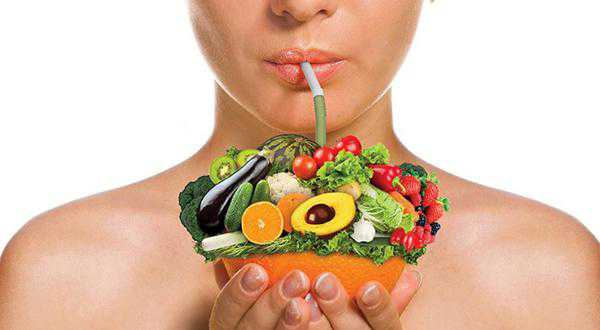The Role of Diet in Healthy Skin: Foods to Eat and Avoid
The Role of Diet in Healthy Skin: Foods to Eat and Avoid
Welcome to DermaDent Clinic, the best skin care clinic in Pragathi Nagar, Hyderabad. Our expert skin specialists are dedicated to helping you achieve radiant, healthy skin. One of the key aspects of skin health is diet. What you eat can significantly impact your skin’s appearance and overall health. In this blog, we’ll explore the role of diet in maintaining healthy skin, highlight the foods you should eat, and discuss those you should avoid.
Foods to Eat for Healthy Skin
Our Approach to Acne Treatment:
1.Fruits and Vegetables: Rich in vitamins and antioxidants, fruits and vegetables are essential for healthy skin. Vitamin C, found in citrus fruits, strawberries, and bell peppers, promotes collagen production and protects against sun damage. Beta-carotene, found in carrots, sweet potatoes, and spinach, converts to vitamin A, which helps repair skin tissues.
2. Omega-3 Fatty Acids: Found in fatty fish like salmon, mackerel, and sardines, omega-3 fatty acids reduce inflammation and keep the skin moisturized. They also help reduce the risk of acne and other skin conditions.
3. Nuts and Seeds: Almonds, walnuts, chia seeds, and flaxseeds are excellent sources of vitamin E, which protects skin cells from oxidative damage. They also provide essential fatty acids that help maintain skin’s elasticity and moisture.
4.Whole Grains: Foods like brown rice, quinoa, and whole-wheat bread are high in fiber and contain essential nutrients like zinc, which is vital for skin health. Zinc helps reduce inflammation and promotes healing.
5.Green Tea: Packed with antioxidants, green tea helps protect the skin from sun damage and can improve skin elasticity. It also has anti-inflammatory properties that can soothe the skin.
6.Water: Staying hydrated is crucial for maintaining skin’s moisture and elasticity. Drinking plenty of water helps flush out toxins, keeping your skin clear and glowing.
Foods to Avoid for Healthy Skin
1.Sugary Foods and Drinks: Excessive sugar intake can lead to the formation of advanced glycation end products (AGEs), which damage collagen and elastin, resulting in premature aging and wrinkles.
2. Dairy Products: Some studies suggest that dairy products, particularly skim milk, can trigger acne in some people. This may be due to hormones present in milk that can affect the skin.
3.Processed Foods: Foods high in refined carbohydrates and unhealthy fats, such as chips, cookies, and fast food, can increase inflammation and lead to acne breakouts.
4.Alcohol: Alcohol can dehydrate the skin and dilate blood vessels, leading to redness and inflammation. It can also interfere with vitamin A levels, which are important for cell turnover and skin repair.
5.High-Sodium Foods: Foods with high salt content can cause water retention, leading to puffiness and bloating, particularly around the eyes.



Frequently Asked Questions
Frequently Asked Questions
Conclusion:
At DermaDent Clinic, the best skin care clinic in Hyderabad, we understand that healthy skin starts from within. Our team of experienced skin specialists in Pragathi Nagar is here to guide you on the best dietary practices and skincare routines tailored to your unique needs. Schedule an appointment with us today to start your journey toward radiant, healthy skin.
For more information, visit our website or contact us at DermaDent Clinic, Pragathi Nagar, Hyderabad. Let us help you achieve the beautiful skin you deserve!

